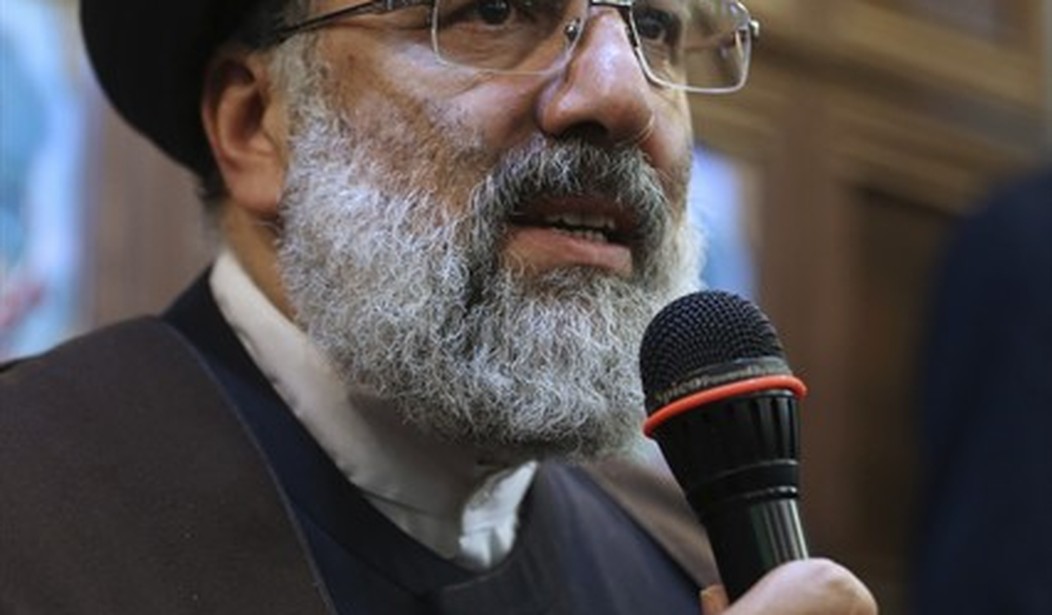It has been said that history does not repeat itself but does rhyme. The year 2023 may provide a significant example of that phenomenon, with events in the Islamic Republic of Iran paralleling those that took place in the country 44 years earlier and brought an end to the era of the Shah. There is good reason to believe that the mullahs’ era will soon come to its end, as well. And although the revolution that now threatens the theocratic regime is not identical to the one that brought it to power in the first place, there is much that the international community can learn from the relevant history.
In advance of the 1979 revolution, the Shah’s international supporters simply could not conceive of his regime being overthrown by a civilian uprising. In fact, in November 1978, William Sullivan, the US ambassador to Iran, sent the first cable to Washington which entertained this possibility. It described this as “thinking the unthinkable” and urged the United States to develop a contingency plan for the day when the Shah exhausted his capacity to maintain his grip on power.
In light of this, it is ironic that once the mullahs’ regime became established in the years following the revolution, many Western policymakers fell right back into the habit of assuming that the status quo was unshakeable. This assumption has persisted right up to the present day and has guided American and European foreign policy toward outcomes that are often counterproductive, if not outright destructive.
It is a remarkable example of history’s imperfect parallels when the same mistakes take hold in one’s dealings with both allies and adversaries. In the case of Iran, the US refused to recognize the depth of citizens’ anti-government sentiment when it was in the interest of US foreign policy objectives to keep the Shah in power. Then, when Ayatollah Khomeini co-opted the popular revolution to establish a system of absolute rule by Shiite clerics, the US proceeded to disregard growing public outrage toward the new government, even though its interests and American interests were diametrically opposed.
Recommended
That opposition has also endured through more than four decades, through both hardline and “reformist” Iranian presidential administrations. At various historic moments during that time, the US and its allies have thrown away extraordinary opportunities to help the Iranian people re-shape their own country and the entire region, in ways that would have made the 1979 revolution pale in comparison.
During the 2009 uprising, for instance, the Obama White House declined to offer any meaningful support for the Iranians who had flooded the streets. The excuse given at the time was that “interference” into Iran’s domestic affairs would have allowed the regime to more easily dismiss the popular unrest as a product of foreign meddling. But of course, Tehran leveled that accusation against the US and Britain anyway and has continued to do so in response to every subsequent uprising, including the current one.
Since breaking out in mid-September following the death of Mahsa Amini at the hands of Tehran’s “morality police”, the latest nationwide protests have come to be widely recognized as one of the greatest challenges to the theocratic system since the years immediately following the revolution. That perception has been encouraged by reports of the prominent role played by a network of “Resistance Units” affiliated with the People’s Mojahedin Organization of Iran (PMOI) the country’s leading pro-democracy opposition group.
This current uprising, much like several others dating back at least to the Resistance Units’ formation in 2014, demonstrates a remarkable diversity of participation among ethnic and socio-economic groups, thereby setting it apart from the Green Movement and fueling the perception that this represents the entire country rejecting the regime in its entirety. That perception is further encouraged by the defining slogans of this and other recent uprisings, including the chant of “down with oppressor, be it the Shah’s or the leader, i.e., Khamenei”.
In keeping with the well-established platform of the MEK, this slogan conveys the rejection of all forms of dictatorship and a commitment to establishing a truly democratic system whose interests would naturally be in line with those of all Western democracies. In fact, the MEK’s parent coalition, the National Council of Resistance of Iran (NCRI), has established itself as an entity that is prepared to step into the role of transitional government following the Shah’s overthrow, in order to oversee the country’s first free and fair elections.
To support that movement would be to exhibit simple common sense. Conversely, to remain on the sidelines would be to play directly into the mullahs’ hands while ignoring the lessons of history. The regime will continue accusing the US and its allies of interference regardless of what happens in the weeks to come. But siding with the Iranian people in this unfolding conflict is not the same thing as interfering in their affairs.
There is much that can be done to support those people, and the US ought to press all of its allies to participate in a multilateral campaign aimed at isolating the regime diplomatically and crippling it economically. This is perfectly in line with Western interests and it also happens to be unmistakably the right thing to do. Furthermore, it promises to make history rhyme in a more pleasant way, with the US standing against the status quo as it did in 1979, but this time for the right reasons.

























Join the conversation as a VIP Member